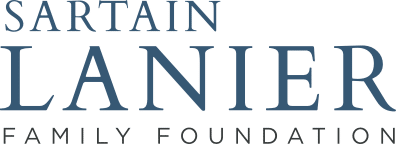Approach to Grantmaking
Values
We seek meaningful relationships with organizations that provide young people with experiences, relationships and inspiration to achieve their personal goals and positively influence their communities.
We are rooted in the values of our founder, Sartain Lanier.
Opportunity
Expanding access to foundational reading skills and enriching education
Humility
Listening and learning from those on the frontlines of service delivery
Impact
Strengthening partnerships that lead to meaningful long-term outcomes
Funding Priorities
We generally award funding in three categories: literacy instruction, afterschool and summer programs, and college and career readiness.
The Sartain Lanier Family Foundation primarily supports organizations that expand and enhance opportunities for K-12 students in metro Atlanta’s five core counties: Clayton, Cobb, DeKalb, Fulton and Gwinnett. We prioritize initiatives that are highly collaborative and grounded in evidence-informed solutions.
Literacy Instruction
Why it matters
Our brains are wired for communication and language but not for reading. Reading must be explicitly taught if children are to become deep readers (Cox Campus). Students who do not read at grade level by third grade are four times more likely to drop out of high school than proficient readers (AECF).
High-quality literacy programs improve learning outcomes and transform the trajectory of students’ lives.
The Foundation prioritizes funding for programs and organizations that:
- Utilize evidence and scientific methodologies proven to improve student literacy mastery
- Include rigorous evaluation to support continuous growth
- Represent collaboration among partners, service providers and families
Afterschool & Summer Programs
Why it matters
Students who participate in afterschool and summer learning programs have fewer absences from school and achieve higher scores in core subjects. Summer programs help students retain skills and routines—a critical function given that research shows most students lose two months of math skills and low-income students lose an additional 2-3 months of reading skills over the summer. (Georgia Statewide Afterschool Network)
Well-designed and well-implemented out of school time programs equip students with the foundational skills they need for success in school and life.
The Foundation prioritizes funding for programs and organizations that:
- Provide young people with meaningful connections with trained and caring adults
- Emphasize opportunities for learning and development to cultivate new interests
- Deliver enriching and engaging experiences that support social, emotional and academic development, especially in the areas of arts, nature, reading and writing, entrepreneurship and career exploration
- Intentionally partner with families and schools
- Create and sustain strong adult-student relationships
- Offer programs at low to no cost for families
College & Career Readiness
Why it matters
By the year 2025, more than 60 percent of jobs will require some form of post-secondary education. It is critical to ensure students have access to post-secondary program options and financial aid information. (Learn4Life)
Programs and organizations that help students discover and access different paths to a future of prosperity and fulfillment enable them to live the choice-filled lives they deserve.
The Foundation prioritizes funding for programs that:
- Inspire students to explore diverse careers and the chance to discover options that match their interests, talents and abilities
- Offer support for navigating the financial aid and postsecondary enrollment process
- Prepare and equip students in advance to overcome obstacles that prevent postsecondary persistence and completion
- Provide exposure and access for middle and high school students to work-based pathways and career and technical education
Other Funding
Consistent with the priorities of our founder, Sartain Lanier, we also provide support to a select number of educational institutions pioneering Parkinson’s Disease research, as well as to Vanderbilt University. We do not accept new applications for university funding.
Each year the Foundation also funds several special and legacy projects as well as a few collaborative efforts. We do not accept applications for these or for organizations focused exclusively on environmental issues, healthcare and the arts.
The Foundation does not consider funding for special events, performances or dinners (sponsorships, tickets or tables), nor does it support booster organizations, churches or religious entities. The Foundation is not establishing new relationships with independent schools. The Foundation does not make grants or loans to individuals.

